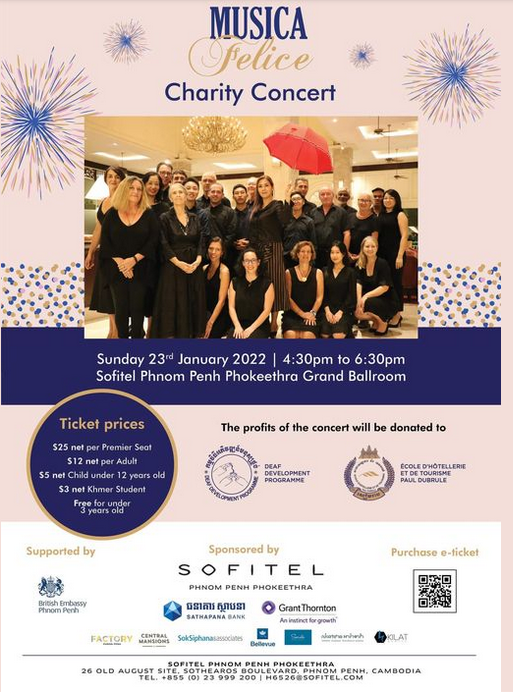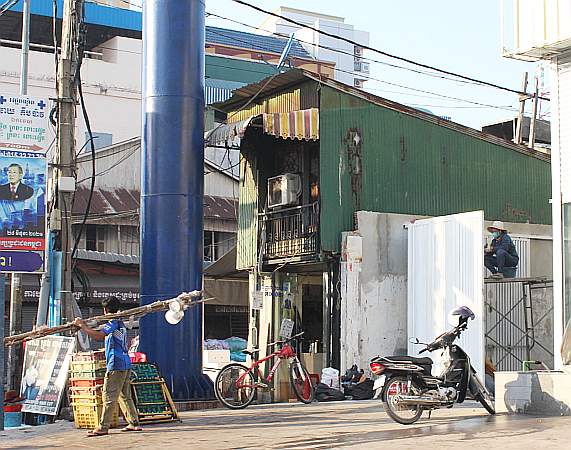
Changing times

Charlie Dittmeier's Home Page

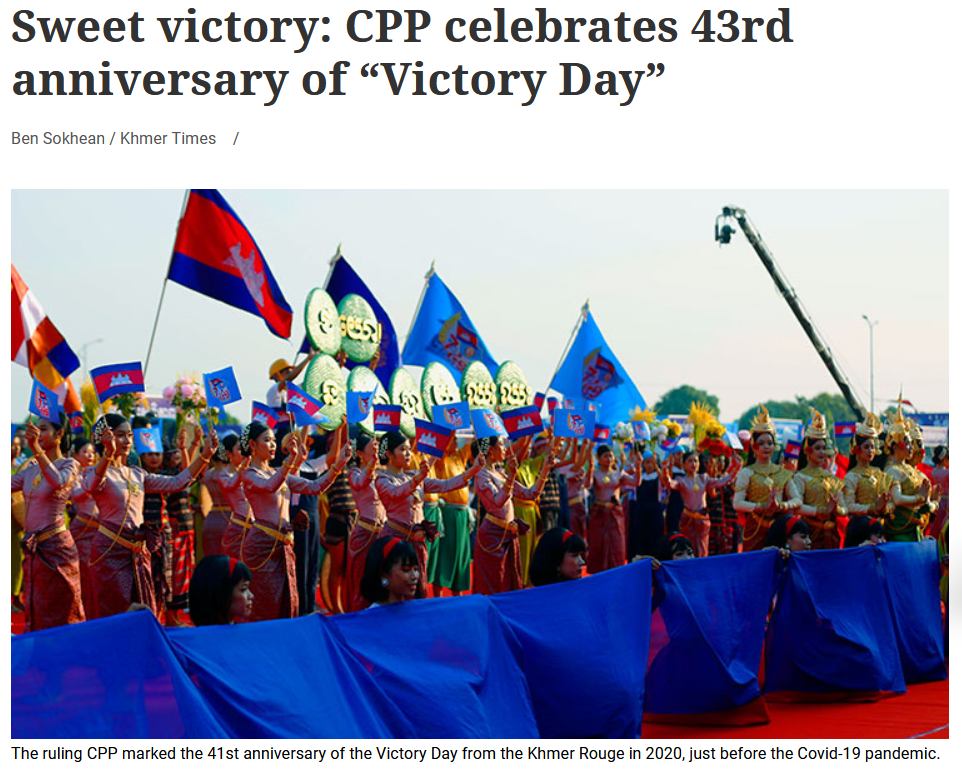
Today is a public holiday in Cambodia commemorating the invasion of Cambodia by Vietnamese troops to confront the Khmer Rouge and eventually to defeat them. The ruling Cambodia People’s Party hails this day as “Victory Day” but the opposition calls it “Occupation Day” because the Vietnamese, traditional enemies of Cambodia, stayed for ten years until the United Nations brokered their withdrawal and the erection of a new Cambodian government.
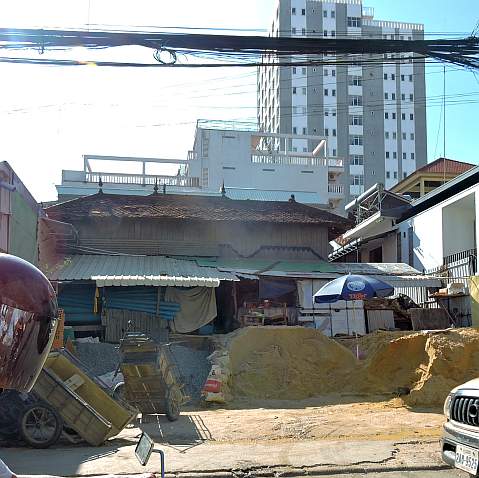
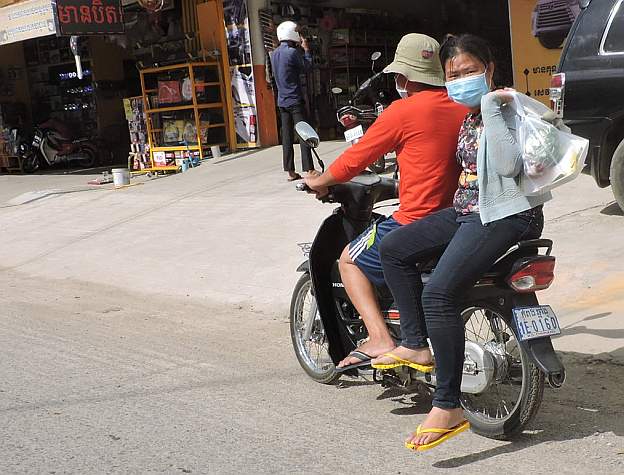
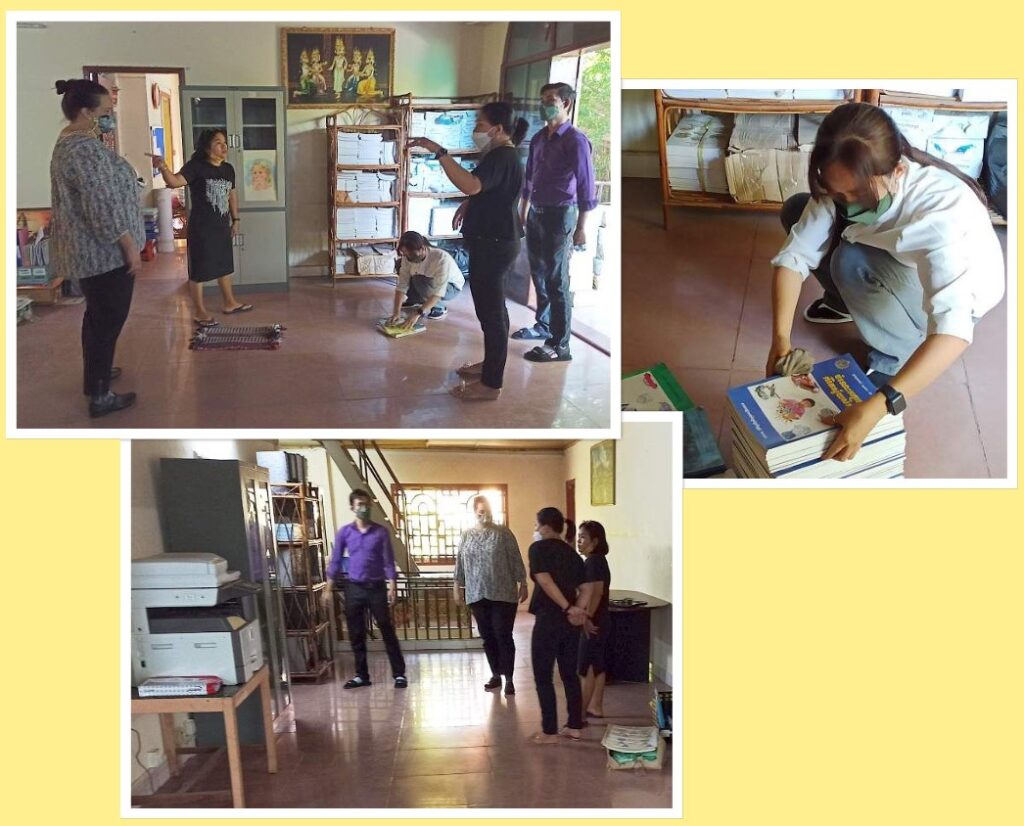
While it’s still the beginning of the year, it might be useful to look at Pope Francis’ list of new year resolutions. It could give us some ideas.


Every year the bishop invites leaders of the Phnom Penh parishes and of the diocesan offices to a gathering on the feast of the Epiphany. Click here to see photos from this year’s gathering at the pastoral center.
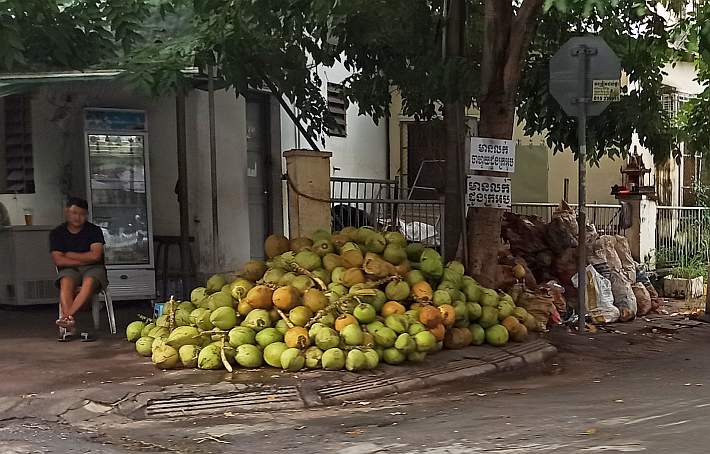
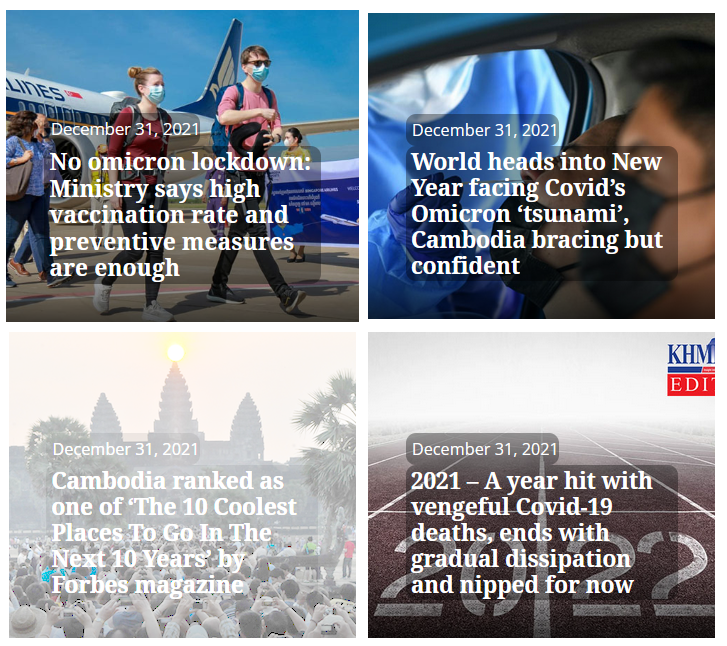
Look at the three headlines above in today’s Khmer Times. The rest of the world is mandating very strict measures to prevent the spread of the omicron variant and even going into lockdown. Cambodia, on the other hand, says “preventive measures are enough,” is “confident” facing the omicron tsunami, and says Covid-19 is “nipped for now.”
That all gives me a really bad feeling. We could be hit super hard while we’re singing Happy Days Are Here Again. I hope I’m wrong.
